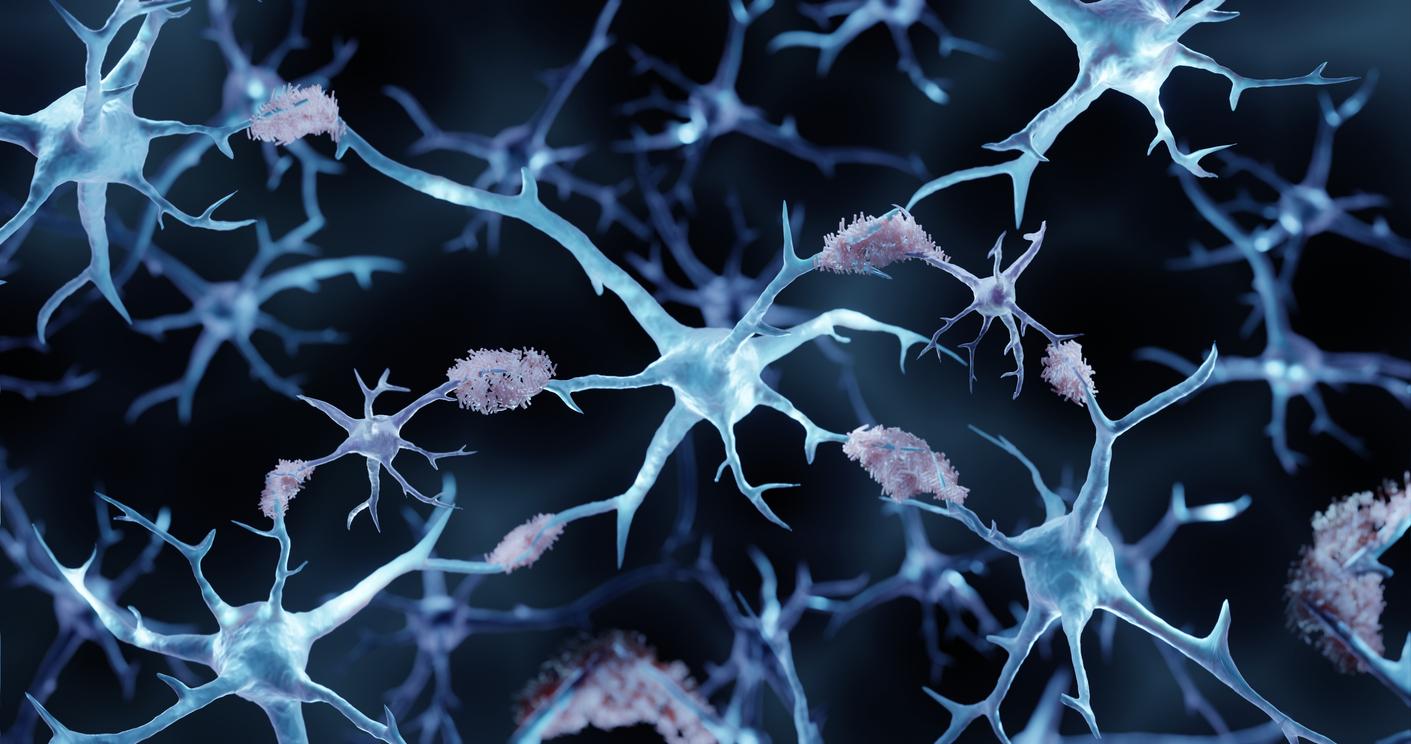
An American study reveals that environmental stress in expectant mothers can promote premature births, which can impact telomeres.
Premature births
The term of pregnancy comes at 41 weeks of amenorrhea, or 9 and a half months from the date of the last period. According to Inserm, a child is considered premature when it is born before 8 and a half months of pregnancy, corresponding to 37 weeks of amenorrhea (absence of periods). More than 50,000 babies are born preterm each year. The consequences can be significant, especially in the brain, lungs, digestive tract and arterial duct, because these organs have not reached maturity. There are many causes of premature birth in developed countries such as France, of which around 50% are due to early contractions or rupture of membranes. Premature birth can also be induced by medical decision, if this represents a high risk of death of the mother or baby (severe fetal growth retardation, maternal hypertension, hemorrhage or pre-eclampsia). As Inserm indicates, factors external to health may be taken into account, such as “cunfavorable socio-economic conditions, the older age of mothers, stress or even tobacco consumption “. This is why research is still underway to improve the care of these babies born early, who are more and more numerous.
Medical research
According to the American study, the findings of which are published in the journal Psychoneuroendocrinology, women who have a high level of stress when they are pregnant, and even the years before conception, are at greater risk of reducing their pregnancy time, at least a week. Christine Dunkel Schetter, the study’s lead author and professor of psychology and psychiatry, reports that “Every day in the womb is important for the growth and development of the fetus. Premature infants have a higher risk of adverse outcomes at birth and later in life than babies born later, including developmental disabilities and physical health issues“.
For their research, scientists followed 111 mothers and their children, from conception. Samples of DNA and telomeres were taken from the children, to compare them with stress measurements collected when they were in-utero. These data revealed several things. The length of telomeres (end of chromosomes) is shorter in children of stressed mothers. The risk is greatest during the third trimester of pregnancy. Judith Carroll, Associate Professor of Psychiatry and Biobehavioural Sciences, explains this phenomenon: “We have assumptions. We know that stress can activate inflammation and metabolic activity, which in large amounts can contribute to DNA damage. Telomeres are vulnerable to damage and, if not repaired before cell division, they can be shortened by this damage. We know that there is rapid cell replication and we suspect that there is an increased vulnerability to damage during this time.“.
Also, maternal stress accelerates the biological aging of the baby: “What our research tells us is that we may have early environmental and maternal factors that influence a person’s starting point in life, which can cause them to age faster.“, reveals the main author of the study. Taking charge of the well-being of expectant mothers is therefore very important.















